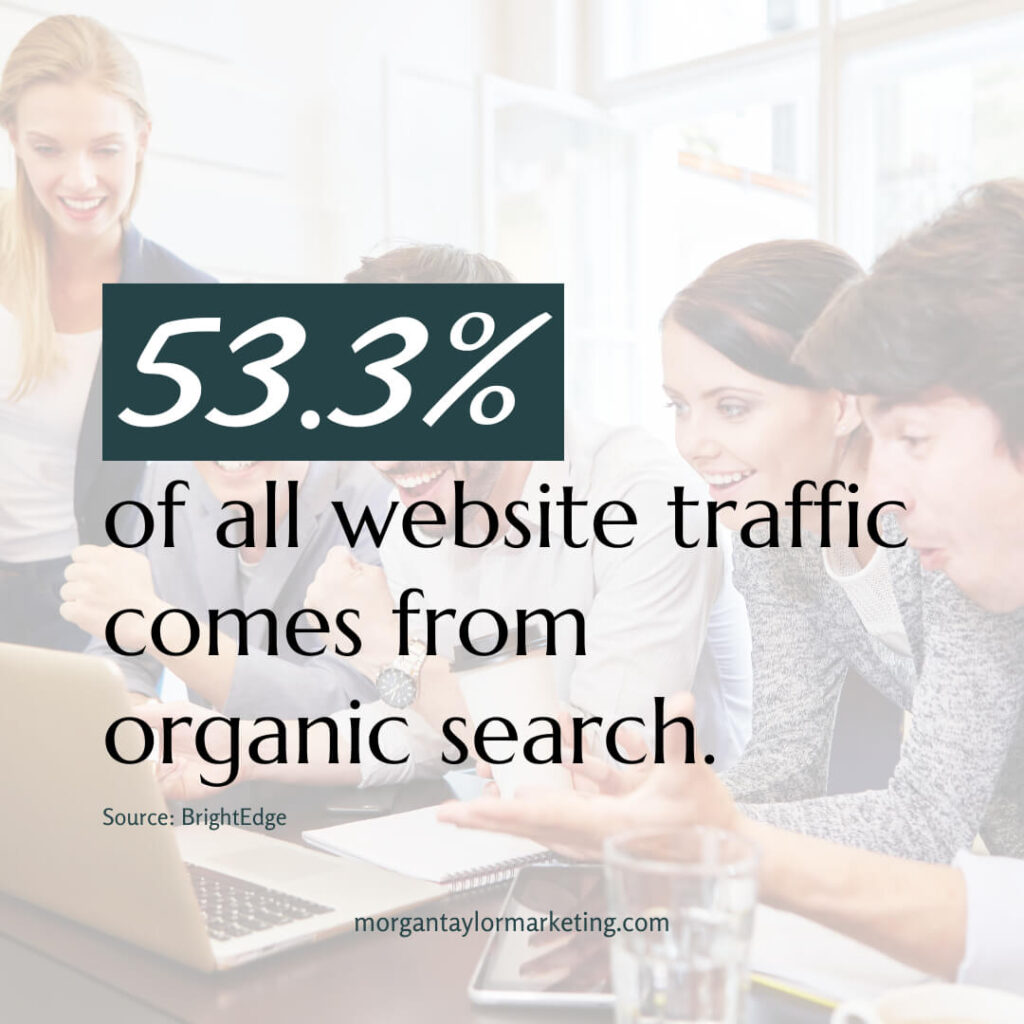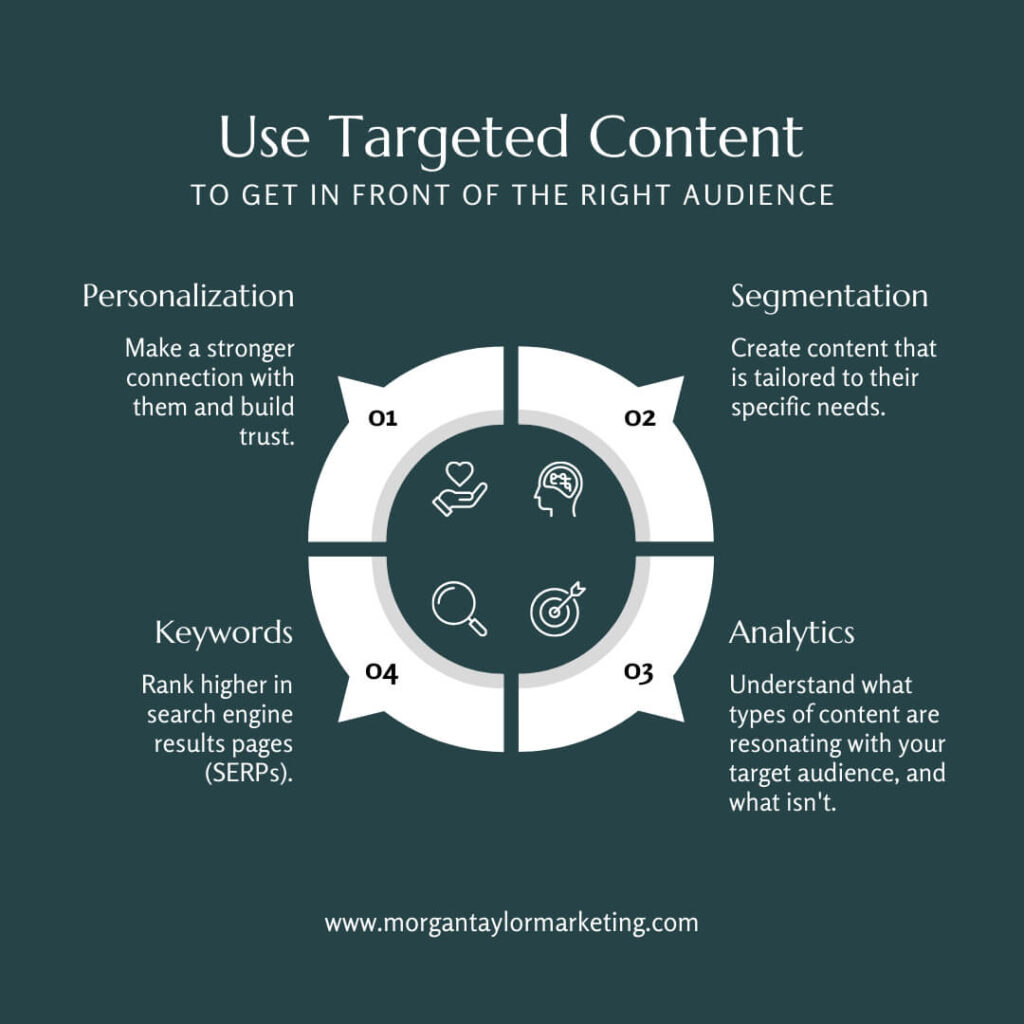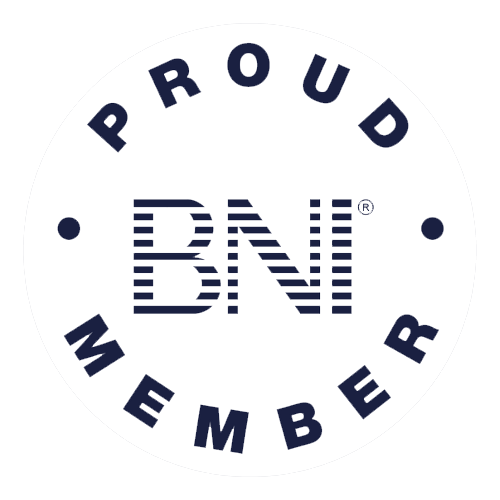Find out how incorporating self-care strategies into your routine can lead to improved professional performance and long-term success. Read more now!
In today’s fast-paced and demanding world, the concept of self-care has gained significant attention. It goes beyond pampering oneself with indulgent activities. Self-care encompasses practices and habits that prioritize physical, mental, and emotional well-being. While it may seem unrelated to professional performance at first glance, the truth is that self-care plays a crucial role in enhancing one’s effectiveness and success in the workplace.
What is Self-Care?
Self-care involves consciously prioritizing one’s own needs, both physically and emotionally, and taking deliberate actions to meet those needs. It goes beyond occasional indulgences or treating oneself to something special; it involves cultivating consistent and sustainable practices that promote overall well-being.
Self-care is not a one-size-fits-all approach; it is highly personalized and tailored to each individual’s unique circumstances and preferences. What works for one person may not work for another, and that’s perfectly okay. The key is to explore and identify self-care activities and practices that resonate with you, align with your values, and contribute to your overall well-being.

What is Professional Productivity?
Professional productivity refers to the ability to efficiently and effectively complete tasks, achieve goals, and deliver high-quality work. It is the cornerstone of success in any professional setting. Various factors influence productivity levels, including time management, workload, motivation, and overall well-being. Recognizing these factors is vital to unlocking one’s full potential.
The Connection Between Self-Care and Professional Performance.
It is essential to understand the intrinsic relationship between self-care and professional performance. By taking care of ourselves, we can optimize our abilities and capabilities in the workplace. When we neglect self-care, we risk depleting our energy, diminishing our motivation, and compromising our effectiveness. On the other hand, practicing self-care empowers us to bring our best selves to our professional endeavors, enabling us to thrive and succeed.
How Self-Care Impacts Productivity and Efficiency
Self-care is not a distraction from work but rather an investment in it. By engaging in activities that promote self-care, such as exercise, adequate rest, and leisure time, we replenish our physical and mental resources. This replenishment, in turn, leads to increased productivity and efficiency. When we prioritize self-care, we are better equipped to tackle tasks with focus, clarity, and a higher level of creativity. It allows us to avoid burnout and maintain a sustainable level of performance in the long run.
The Role of Self-Care in Maintaining Focus and Mental Clarity
A cluttered mind cannot produce exceptional work. Self-care practices, such as mindfulness and stress management techniques, help us declutter our minds and create a conducive environment for concentration and mental clarity. By taking time to care for our mental well-being, we can reduce distractions, enhance cognitive function, and improve decision-making abilities. This mental resilience translates into increased focus, enabling us to navigate complex professional challenges with ease.
3 Key Areas to To Effectively Prioritize Self-Care At Work

Prioritizing self-care has emerged as a vital component of maintaining well-being and achieving optimal productivity. Striking a balance between work responsibilities and personal care is no longer seen as a luxury but as a strategic approach to long-term success.
To effectively prioritize self-care at work, it is essential to focus on these three key areas: physical well-being, mental and emotional well-being, and work-life balance.
1️⃣ Physical Well-being: Taking care of your physical health is crucial for maintaining productivity at work. This includes incorporating regular exercise into your routine, practicing good posture and ergonomics to prevent discomfort or injuries, and prioritizing nutritious meals and hydration throughout the day. Paying attention to your physical well-being enables you to have the energy and vitality needed to perform at your best.
2️⃣ Mental and Emotional Well-being: Managing your mental and emotional well-being is vital for sustaining productivity and preventing burnout. These involve implementing stress-management techniques, such as mindfulness or deep breathing exercises, to reduce anxiety and increase focus. Additionally, setting realistic expectations, seeking support from colleagues or professionals when needed, and practicing self-compassion contribute to maintaining a healthy state of mind and emotional balance in the workplace.
3️⃣ Work-Life Balance: Striking a healthy work-life balance is crucial for preventing work-related exhaustion and maintaining overall well-being. It involves setting clear boundaries between work and personal life, such as establishing designated work hours and unplugging from work-related communications during non-working hours. Prioritizing personal time for relaxation, hobbies, and spending quality time with loved ones is essential for recharging and maintaining a sense of fulfillment beyond work.
By focusing on these three areas—you can effectively prioritize self-care in the workplace and reap the benefits of enhanced productivity, job satisfaction, and overall fulfillment.
Strategies to Build Healthy Habits and Routines for Professional Growth

Building healthy habits and routines is a foundational aspect of professional growth. By implementing these strategies and consistently practicing these habits, individuals can enhance their productivity, skills, and overall success in their careers.
- Set Clear Goals: Start by defining your professional goals and aspirations. Break them down into more manageable, doable steps so you can consistently make progress. Clear goals provide direction and motivation for building healthy habits that align with your desired growth.
- Create A Routine: Establish a consistent routine that incorporates time for specific activities related to your professional growth. Designate specific blocks of time each day or week for tasks such as skill development, networking, reflection, or learning. Having a routine helps develop discipline and ensures regular progress toward your goals.
- Make Self-Care A Priority: Include self-care in your daily routine without exception. Prioritize your physical, mental, and emotional well-being by incorporating activities such as exercise, mindfulness, relaxation techniques, and hobbies. Taking care of yourself enhances your ability to perform at your best and promotes overall professional growth.
- Manage Your Time Effectively: Time management is crucial for building healthy habits. Prioritize tasks based on importance and urgency, eliminate distractions, and set realistic deadlines. Utilize productivity tools, such as calendars or task management apps, to stay organized and on track with your goals.
- Practice Consistency: Consistency is key to building habits. Commit to engaging in your chosen activities regularly, even if it’s for shorter durations. Consistency reinforces the habit loop and ensures that you make progress over time. Start small and gradually increase the duration or intensity of your activities as the habit becomes more ingrained.
- Break Tasks into Manageable Chunks: To avoid overwhelm, break down your professional growth activities into smaller, manageable tasks. This approach makes them more achievable and less daunting. Concentrate on finishing one activity at a time, marking each accomplishment along the way.
- Seek Accountability: Find an accountability partner or join a professional group where you can share your goals and progress. Being accountable to someone else can provide motivation and support to stay on track with your habits. Regular check-ins or progress updates with your accountability partner can help you stay committed to your growth journey.
- Continuous Learning: Foster a mindset of continuous learning to fuel your professional growth. Seek out opportunities for professional development, such as workshops, webinars, or online courses. Set aside dedicated time for reading books, industry publications, or listening to podcasts related to your field.
- Reflect and Adjust: Regularly evaluate your progress and reflect on what is working and what needs adjustment. Take time to assess the effectiveness of your habits and routines. Be open to making changes or trying new approaches as you learn more about what supports your growth best.
- Surround Yourself with Supportive Networks: Connect with like-minded professionals who share similar goals and values. Attend networking gatherings, become a member of industry organizations, or engage in online forums. Engaging with supportive networks can provide valuable insights, advice, and opportunities for collaboration, accelerating your professional growth.
- Celebrate Milestones: Take time to acknowledge and appreciate your progress. Celebrating milestones reinforces positive reinforcement and boosts motivation. It also allows you to acknowledge the progress you have made and encourages you to keep building healthy habits for further growth.
Mindfulness and Self-Care: A Path to Professional Excellence

Mindfulness and self-care go hand in hand as pathways to professional excellence. The benefits of mindfulness in professional settings are well-documented, including improved focus, reduced stress, and overall well-being. Incorporating mindfulness practices into daily routines can be as simple as engaging in mindful breathing or brief meditation sessions. By harnessing mindfulness, professionals can enhance their focus, tap into their creativity, and approach problem-solving with fresh perspectives. Prioritizing self-care and integrating mindfulness into our work lives, we create a foundation for professional excellence, enabling us to perform at our best and achieve desired outcomes.
Self-care is not a luxury but a necessity for achieving and sustaining professional success. By prioritizing self-care, we enhance our productivity, focus, mental and emotional well-being, physical health, work-life balance, healthy habits, professional relationships, mindfulness, and ability to navigate career transitions and advancements. Integrating self-care into our daily routines is not only crucial for immediate benefits but also paves the way for lifelong growth and sustained professional success. So, let us embrace self-care as an indispensable part of our journey toward professional excellence.








